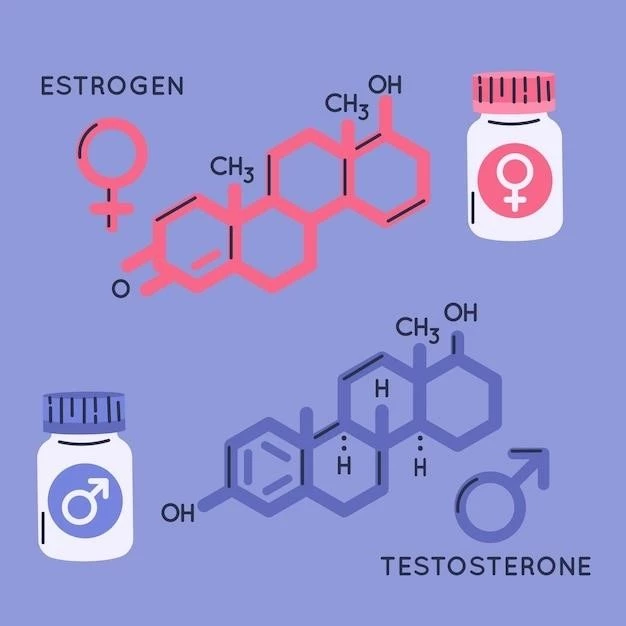Introduction
N-acetyltransferase (NAT) is an enzyme that catalyzes the transfer of acetyl groups, impacting various processes in the body. This article explores N acetyltransferase deficiency and its implications.
Overview of N Acetyltransferase Deficiency
N-acetyltransferase (NAT) deficiency impacts the metabolism and detoxification of compounds, potentially altering drug responses. Genetic polymorphisms in NAT enzymes can lead to varied drug disposition, affecting susceptibility to toxicity and disease risks.
Understanding N Acetyltransferase
N-acetyltransferase (NAT) is an enzyme that catalyzes the transfer of acetyl groups from acetyl-CoA to arylamines, arylhydroxylamines, and arylhydrazines.
Role of N Acetyltransferase Enzyme
N-acetyltransferase (NAT) is a crucial enzyme responsible for catalyzing the transfer of acetyl groups between compounds. It plays a significant role in drug metabolism, detoxification, and can impact the susceptibility to toxicity and disease risks.
Impact of N Acetyltransferase Deficiency
N-acetyltransferase deficiency can lead to altered drug responses, increased susceptibility to toxicity, and potential risks of various diseases. Understanding the implications of deficient NAT enzymes is crucial in clinical management and personalized treatment strategies.
Clinical Manifestations
N-acetyltransferase deficiency can manifest in altered drug responses, increased susceptibility to toxicity, and potential risks of various diseases. Understanding its clinical implications is crucial.
Symptoms Associated with N Acetyltransferase Deficiency
Common symptoms of N-acetyltransferase deficiency may include altered drug responses, increased susceptibility to toxicity, and potential risks of various diseases. Understanding these manifestations is crucial for accurate diagnosis and management.

Genetic Factors
Genetic polymorphisms in N-acetyltransferase enzymes can lead to varied drug responses and affect susceptibility to toxicity and disease risks. Understanding genetic factors is crucial.
Genetic Polymorphism and N Acetyltransferase
Genetic variations in N-acetyltransferase (NAT) enzymes, known as polymorphisms, can impact drug responses and susceptibility to toxicity. Understanding these genetic factors is essential for personalized medicine and treatment strategies.

Treatment and Management
Approaches to address N-acetyltransferase deficiency include personalized treatment strategies, management of altered drug responses, and minimizing susceptibility to toxicity and disease risks.
Approaches to Address N Acetyltransferase Deficiency
Personalized treatment strategies and management approaches can help address N-acetyltransferase deficiency, minimizing drug response alterations, susceptibility to toxicity, and risks of various diseases. Understanding individual genetic factors is essential for tailored treatment regimens.
Research and Studies
Recent research highlights N-acetyltransferase’s role in drug responses, toxicity risks, and disease outcomes. Understanding genetic factors and enzyme function is vital for personalized medicine.
Recent Findings on N Acetyltransferase Deficiency
Recent studies have highlighted the impact of N-acetyltransferase deficiency on drug responses, toxicity risks, and disease outcomes. Genetic polymorphisms in NAT enzymes contribute to varied drug metabolism, influencing individual treatment approaches. Understanding these recent findings is crucial for personalized medicine interventions.
